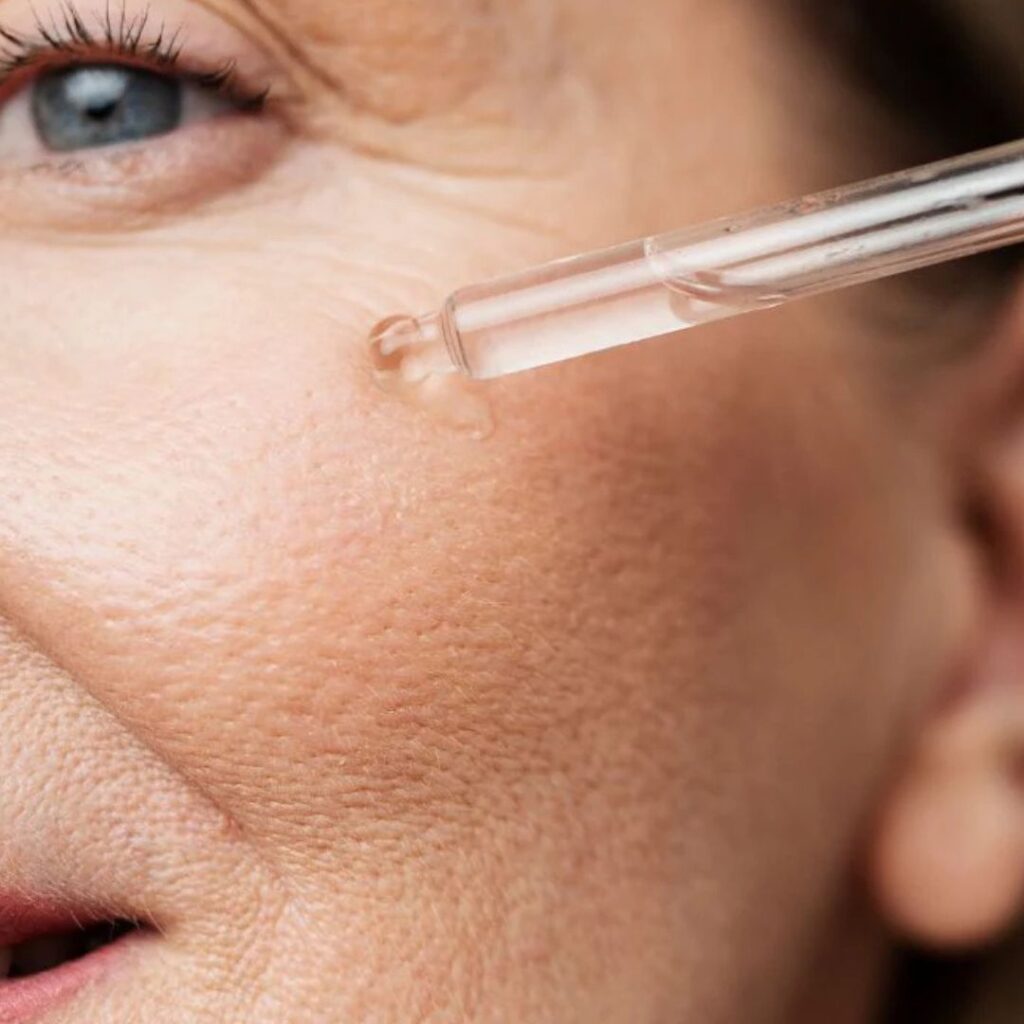Hyper pigmentation is a common skin concern that affects people of all ages. It appears as dark spots, uneven skin tone, or patches on the face, often caused by sun exposure, hormonal changes, acne scars, or aging.
Many individuals turn to skincare solutions to restore an even complexion, and Vitamin C has emerged as a popular ingredient in this regard.
But can Vitamin C truly remove pigmentation on the face? Consulting a Dermatologist in Roorkee or a Skin Specialist in Roorkee can provide the clarity and guidance needed for safe and effective treatment.
Understanding Pigmentation
Pigmentation occurs when melanocytes—the cells responsible for producing melanin—become overactive. Factors that contribute to pigmentation include:
- Sun exposure: UV rays stimulate melanin production.
- Hormonal changes: Pregnancy or birth control pills can trigger melasma.
- Post-inflammatory pigmentation: Acne, cuts, or other skin injuries can leave dark spots.
- Aging: Natural aging may cause liver spots or age spots.
Addressing pigmentation involves both topical treatments and preventive measures, and Vitamin C plays a key role in both.
How Vitamin C Works on Pigmentation
Vitamin C, also known as ascorbic acid, is a potent antioxidant that offers multiple benefits for skin health:
- Inhibits Melanin Production
Vitamin C interferes with the enzyme tyrosinase, which is responsible for melanin synthesis. By reducing tyrosinase activity, Vitamin C can help lighten existing dark spots and prevent new pigmentation from forming. - Brightens Skin Tone
Regular use of Vitamin C can enhance the skin’s radiance by reducing dullness and promoting a more even complexion. - Protects Against Sun Damage
While Vitamin C is not a substitute for sunscreen, its antioxidant properties help neutralize free radicals generated by UV exposure, reducing the risk of pigmentation worsening. - Supports Skin Repair
Vitamin C promotes collagen synthesis, improving skin texture and reducing pigmentation caused by acne scars or minor injuries.
Best Ways to Use Vitamin C for Pigmentation
To achieve visible results, Vitamin C should be incorporated thoughtfully into a skincare routine. A Skin Specialist in Roorkee can recommend the most suitable formulation and concentration based on your skin type. Common ways to use Vitamin C include:
- Topical Serums: Serums with 10–20% Vitamin C are most effective for pigmentation. Apply in the morning before sunscreen.
- Creams and Lotions: These are gentler and suitable for sensitive skin.
- Combination Treatments: Some dermatologists combine Vitamin C with other brightening agents like niacinamide, glycolic acid, or retinol for enhanced results.
Consistency is key. Pigmentation does not vanish overnight, and results usually appear after 8–12 weeks of regular use.
Precautions When Using Vitamin C
While Vitamin C is generally safe, improper use can cause irritation or reduce effectiveness. Keep the following in mind:
- Use a stable formulation to prevent oxidation.
- Start with a lower concentration if you have sensitive skin.
- Apply sunscreen daily to prevent new pigmentation.
- Avoid combining Vitamin C with harsh acids or exfoliants initially.
A Dermatologist in Roorkee can guide you on the right combination of treatments, ensuring maximum benefits without irritation.
Other Treatments for Pigmentation
Vitamin C works best as part of a comprehensive approach. Depending on the type and severity of pigmentation, a Skin Specialist in Roorkee may recommend additional treatments:
- Chemical Peels: Help exfoliate the skin and lighten dark spots.
- Laser Therapy: Targets deep pigmentation for more stubborn spots.
- Microdermabrasion: Improves skin texture and promotes even tone.
- Prescription Topicals: Hydroquinone or tretinoin may be prescribed in severe cases.
Combining these treatments with Vitamin C enhances results and supports long-term maintenance.
Lifestyle Measures to Prevent Pigmentation
In addition to topical treatments, lifestyle adjustments are essential for preventing pigmentation:
- Wear broad-spectrum sunscreen daily, even on cloudy days.
- Avoid excessive sun exposure, especially during peak hours.
- Maintain a balanced diet rich in antioxidants to support skin health.
- Avoid picking at acne or other skin lesions.
Final Thoughts
Vitamin C is a scientifically backed, safe, and effective ingredient for managing pigmentation on the face. While it may not remove deep or stubborn pigmentation instantly, regular use can lighten dark spots, brighten the complexion, and prevent new pigmentation from forming. For optimal results, it is advisable to consult a Dermatologist in Roorkee or a Skin Specialist in Roorkee, who can provide a personalized treatment plan and recommend complementary therapies.
By combining Vitamin C with professional guidance, proper sun protection, and a healthy lifestyle, you can achieve a more even, radiant, and youthful complexion.

